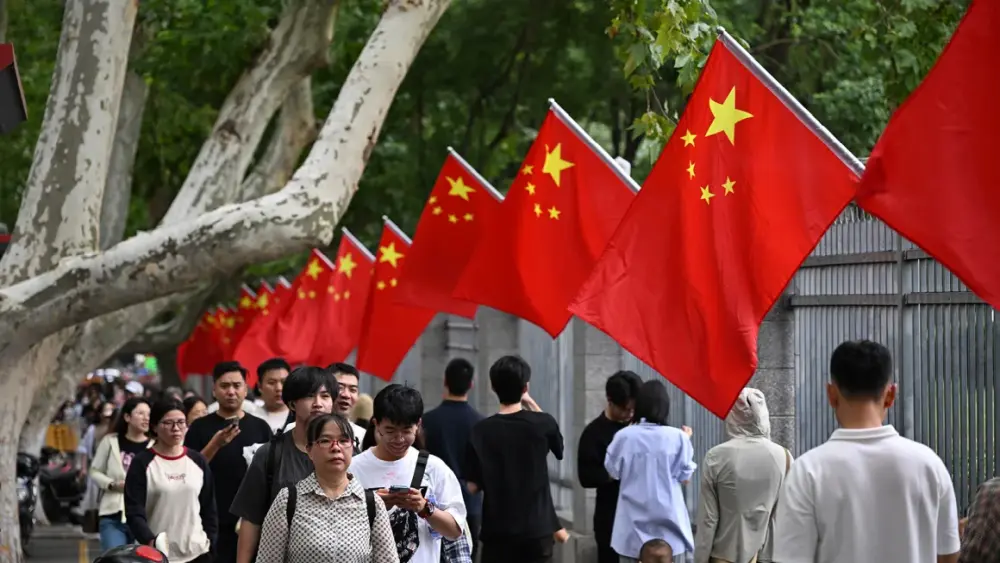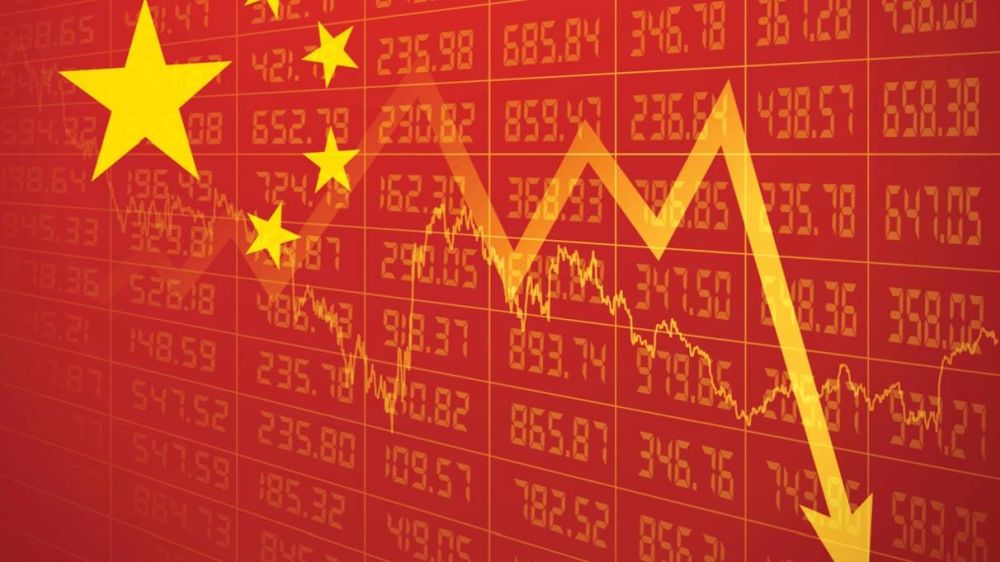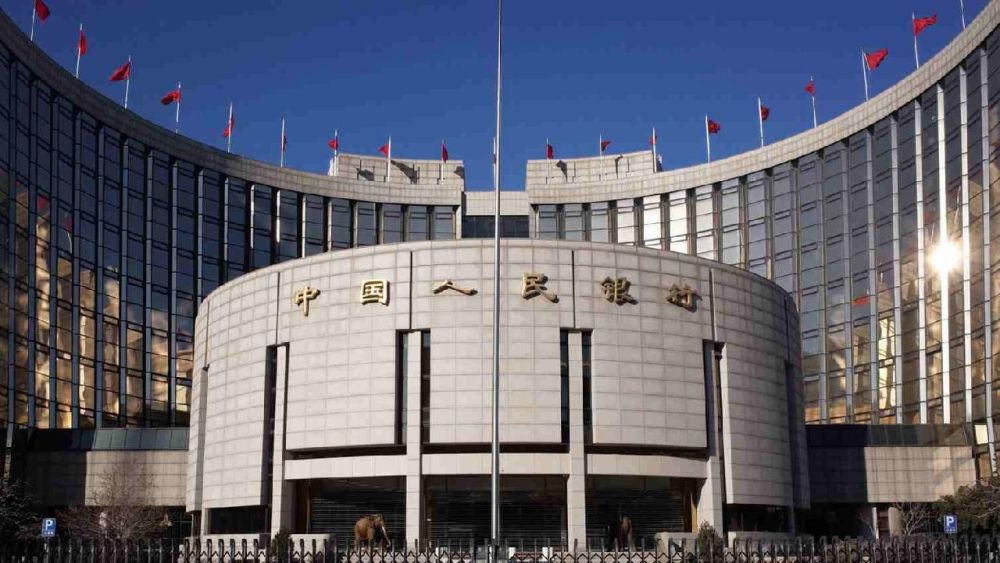China’s economic reopening after the Covid-19 pandemic has revealed deep-rooted issues that are weighing down the country’s recovery. Unemployment among the youth is soaring, wages are dropping, and the housing market—once a symbol of wealth—continues to fall. While the middle class sees their savings diminish, the wealthy are racing to move assets out of the country. Many are left wondering if this is a prolonged period of stagnation, much like Japan’s “lost decade.”

To address these concerns, the Chinese government, led by President Xi Jinping, has rolled out a stimulus package to reignite economic confidence. Policies include increased lending to households and businesses, cash handouts for the disadvantaged, and employment subsidies for graduates. The stock market responded with its largest surge in over a decade, offering a brief moment of optimism for investors, both domestic and foreign.

However, economists argue that these short-term measures do little to address the structural issues plaguing the economy. China’s heavy reliance on investment-led growth, a shrinking population, and the ongoing collapse of its real estate market all signal the need for deeper reforms. Without tackling these fundamental challenges, temporary stock market gains will likely do little to reverse the long-term economic downturn.

Meanwhile, China’s younger generation feels increasingly disillusioned. Job opportunities are scarce, personal freedoms are shrinking, and many are adopting a mindset of doing just enough to get by. As the Communist Party looks to celebrate the country’s 75th anniversary, the government must balance short-term economic boosts with long-term strategies that secure both economic stability and its own legitimacy.

#ChinaEconomy #EconomicCrisis #YouthUnemployment #HousingCrisis #Stimulus #XiJinping #StockMarket #StructuralReforms #ChinaNews #EconomicRecovery
